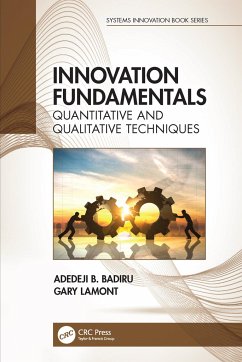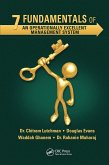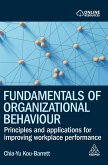The book uses a systems-based approach to show how innovation is pervasive in all facets of endeavors, including business, industrial, government, the military, and even academia. It presents chapters that provide techniques and methodologies for achieving the transfer of science and technology assets for innovation applications. By introducing Innovation, the book and offers different viewpoints, both qualitative and quantitative. It includes the role that systems can play and discusses approaches along technical and process issues. There is a showcase of innovation applications, and coverage on how to manage innovation individually as well as within a team and it also includes how to develop, manage, and sustain innovation in various organizations. Open-ended questions and exercises are included at the end of chapters with no need for a solutions manual. Written for the advance-level textbook market as well as for the professional reader, it targets those within the engineering, business, and management fields.
Hinweis: Dieser Artikel kann nur an eine deutsche Lieferadresse ausgeliefert werden.
Hinweis: Dieser Artikel kann nur an eine deutsche Lieferadresse ausgeliefert werden.








